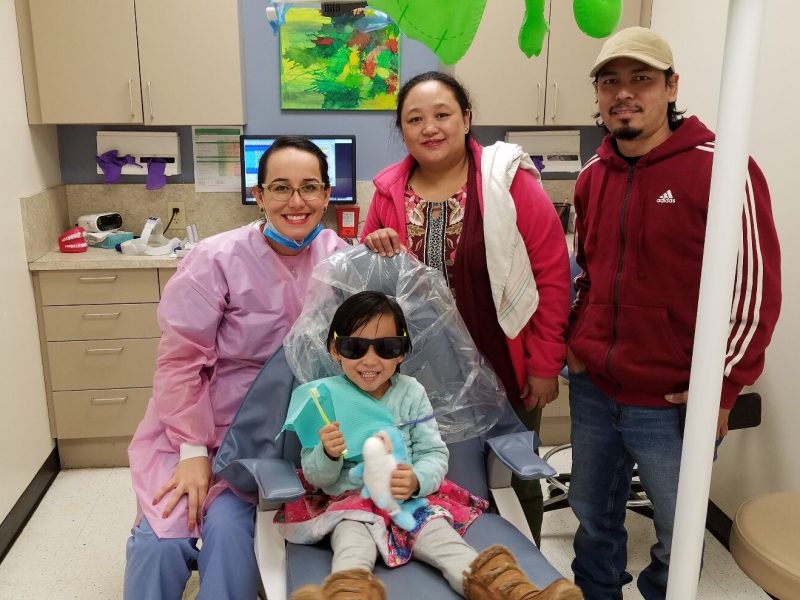University of Cincinnati part of $18.5 million grant to develop biodegradable medical devices
The University of Cincinnati will play a key role in developing pioneering biomedical technology that holds promise for improving health care and lowering health costs globally.
The University of Cincinnati will play a key role in developing pioneering biomedical technology that holds promise for improving health care and lowering health costs globally. Funding for the project comes from a five-year, $18.5 million National Science Foundation grant to develop implantable devices made from biodegradable metals. North Carolina Agricultural and Technical State University will lead the research in partnership with the University of Pittsburgh and UC.
The consortium will create orthopedic, craniofacial and cardiovascular devices that adapt to a patient’s anatomy and dissolve when no longer needed. The biodegradable devices and smart structures are intended to reduce complications and spare patients with conditions ranging from cleft palate and bone fractures to coronary heart disease from undergoing multiple surgeries. For
instance, children born with a cleft palate are fitted with hard metal devices that must be removed and refitted over time. Devices the researchers will explore — crafted from magnesium alloys and other biodegradable metals — would adapt to the body without refitting. Magnesium alloys dissolve after their work is done with no clinical side effects, a feature also beneficial in the cardiovascular realm. The devices will be designed to adapt to physical changes in a patient’s body and dissolve once they have healed. Naturally dissolving plates, screws, stents and other devices would reduce the follow-up surgeries and potential complications of major orthopedic, craniofacial, and
cardiovascular procedures—sparing millions of patients worldwide added pain and medical expenses.
Nearly 30 product development and industrial partners in the nano- and biotechnology markets will form a consortium with the researchers to help direct research and to help transfer the technology to patients.
Writer: David Holthaus
Spurce: Wendy Beckman, University of Cincinnati















